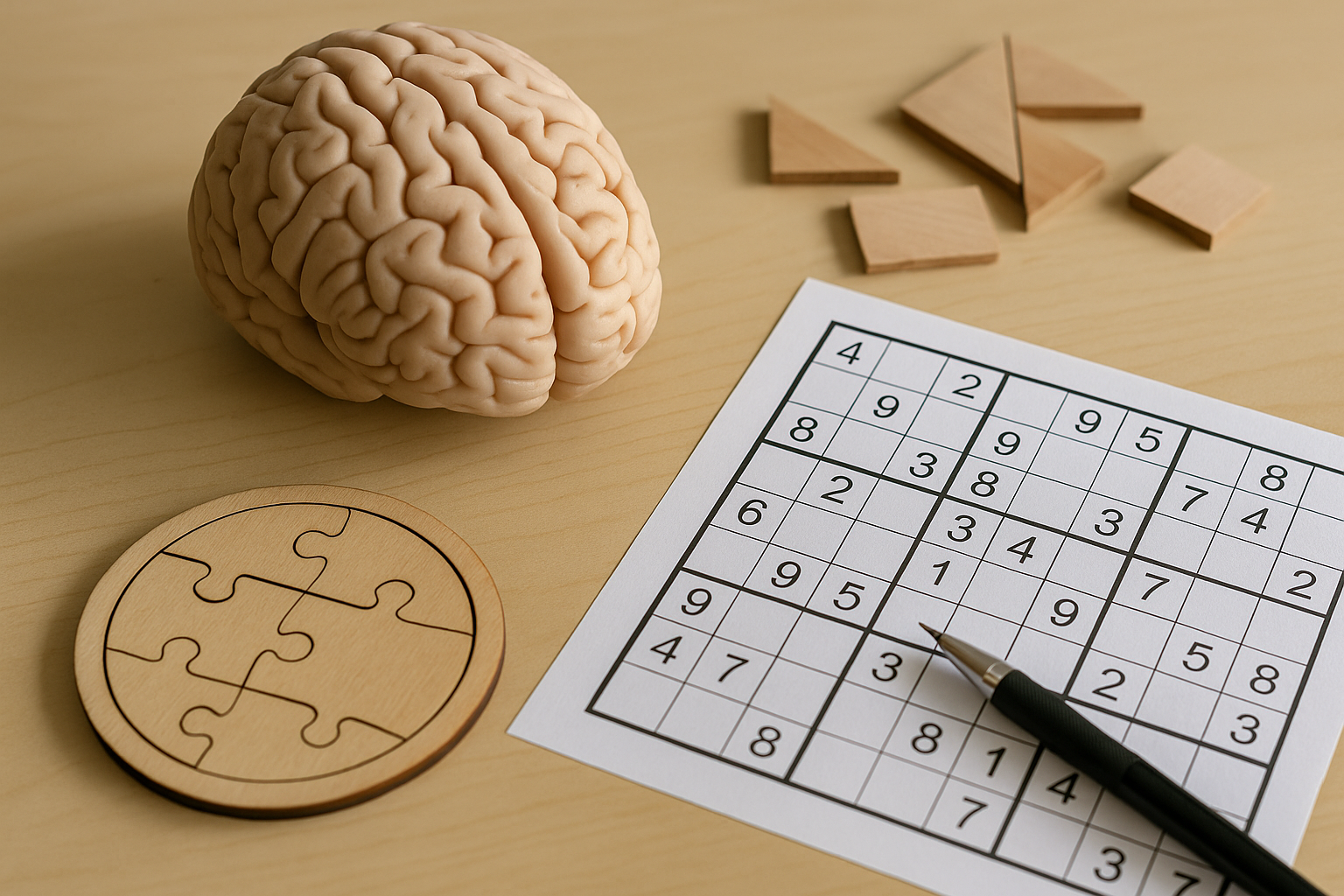Your Longevity Blueprint: Small Daily Habits for a Longer, Healthier Life
In an era where the quest for longevity is more pronounced than ever, understanding the nuances of daily habits that contribute to a longer, healthier life becomes paramount. Your longevity blueprint is not a one-size-fits-all plan but a personalized guide that integrates small, sustainable changes into your daily routine. These changes, while seemingly minor, can collectively have a profound impact on your health and lifespan. That's why we've expanded our list, exploring how simple daily habits can be a cornerstone in your pursuit of a vibrant and extended life. From nutrition and exercise to mental well-being and social connections, each section will provide you with actionable insights backed by research, helping you to build a robust framework for a healthier future.
1. The Power of Nutrition: Eating for Longevity

Nutrition plays a pivotal role in shaping your health and longevity. Research consistently highlights the benefits of a balanced diet rich in whole foods, lean proteins, healthy fats, and a variety of fruits and vegetables. The Mediterranean diet, for instance, is renowned for its heart-healthy benefits and has been linked to increased life expectancy. Incorporating antioxidant-rich foods like berries, nuts, and leafy greens can combat oxidative stress, a key player in aging. Mindful eating, where you focus on the taste and texture of your food, can improve digestion and nutrient absorption. By making conscious food choices, you lay a solid foundation for a longer, healthier life.
2. Movement Matters: Daily Exercise for a Longer Life

Exercise is a cornerstone of longevity, with studies showing that regular physical activity can add years to your life. The World Health Organization recommends at least 150 minutes of moderate aerobic activity weekly, which can be as simple as brisk walking or cycling. Exercise improves cardiovascular health, boosts mood through the release of endorphins, and enhances brain function. Strength training, even in small doses, helps maintain muscle mass and bone density, crucial for aging gracefully. By incorporating movement into your daily routine, you not only enhance your physical health but also improve your mental and emotional well-being, creating a holistic approach to longevity.
3. Sleep: The Unsung Hero of Longevity

Quality sleep is often overlooked in discussions about health and longevity, yet it is a critical component of your longevity blueprint. Sleep is when the body repairs itself, consolidates memories, and regulates hormones. Chronic sleep deprivation is linked to a host of health issues, including obesity, cardiovascular disease, and a weakened immune system. Prioritizing sleep hygiene—such as maintaining a consistent sleep schedule, creating a restful environment, and avoiding screens before bed—can significantly enhance sleep quality. By ensuring you get enough restorative sleep, you empower your body to function optimally, paving the way for a healthier, longer life.
4. Stress Management: Finding Your Calm

Chronic stress is a silent saboteur of health and longevity, contributing to inflammation and a host of chronic diseases. Finding effective ways to manage stress is crucial for extending your lifespan. Techniques such as mindfulness meditation, yoga, and deep-breathing exercises have been shown to reduce stress levels and improve overall well-being. Cultivating hobbies and spending time in nature can also provide a mental reset. By integrating stress management practices into your daily routine, you can mitigate the harmful effects of stress, enhance your resilience, and foster a sense of calm that contributes to a longer, healthier life.
5. Social Connections: The Longevity Link

Strong social connections are a vital component of a longevity blueprint. Studies have shown that individuals with robust social networks tend to live longer, healthier lives. These connections provide emotional support, reduce stress, and encourage healthy behaviors. Engaging in community activities, maintaining friendships, and nurturing family relationships can all contribute to a sense of belonging and purpose. Loneliness, on the other hand, is associated with an increased risk of mortality. By prioritizing meaningful social interactions, you can enhance your emotional health and create a supportive environment that fosters longevity.
6. Mental Agility: Keeping Your Mind Sharp

Cognitive health is an essential aspect of longevity, and keeping your mind engaged can help stave off age-related cognitive decline. Activities such as reading, puzzles, and learning new skills or languages stimulate the brain and improve neuroplasticity. Engaging in lifelong learning and challenging your mind with novel experiences can enhance memory and cognitive function. Social interactions and physical exercise also play a role in maintaining mental agility. By actively nurturing your cognitive health, you not only support your brain's longevity but also enhance your overall quality of life.
7. Hydration: The Elixir of Life

Staying adequately hydrated is a simple yet powerful habit that supports longevity. Water is essential for nearly every bodily function, from regulating temperature to transporting nutrients and removing waste. Dehydration can lead to fatigue, impaired cognitive function, and kidney issues. Aim to drink at least eight glasses of water a day, more if you're active or in hot climates. Herbal teas and water-rich foods, like cucumbers and watermelon, can also contribute to your hydration needs. By making hydration a priority, you support your body's vital functions and promote a longer, healthier life.
8. Purpose and Passion: Fuel for Longevity

Having a sense of purpose and passion in life is a key factor in longevity. Studies have shown that individuals who have a clear sense of purpose tend to live longer and experience better health outcomes. Purpose can come from various sources, such as career, hobbies, volunteer work, or family. It provides motivation, enhances resilience, and contributes to emotional well-being. By identifying and nurturing what gives your life meaning, you create a positive outlook and a drive that can carry you through life's challenges, ultimately contributing to a longer, more fulfilling life.
9. Avoiding Harmful Habits: The Longevity Deterrents

While adopting healthy habits is crucial, it's equally important to avoid those that can shorten your lifespan. Smoking, excessive alcohol consumption, and a sedentary lifestyle are well-documented risk factors for chronic diseases and premature death. Limiting processed foods, reducing sugar intake, and avoiding exposure to environmental toxins can also support longevity. Awareness and education about the harmful effects of these habits can empower you to make healthier choices. By consciously eliminating or reducing harmful behaviors, you protect your health and lay the groundwork for a longer, more vibrant life.
10. Time-Restricted Eating: The Metabolic Reset

Beyond what you eat, when you eat holds powerful longevity benefits. Time-Restricted Eating (TRE), a form of intermittent fasting, involves consuming all your daily calories within a consistent 8- to 12-hour window. This practice gives your digestive system a nightly break, triggering cellular repair processes like autophagy, which cleans out damaged cell components. By maintaining a shorter eating window, you improve metabolic flexibility, enhance insulin sensitivity, and promote cellular resilience—all crucial factors for extending healthspan and mitigating chronic disease risk.
11. Flexibility and Mobility: The Range of Motion

While strength and cardio are vital, flexibility and mobility are the unsung heroes of functional longevity. Mobility training—such as hip circles, ankle rotations, or dynamic stretches—ensures your joints maintain their full range of motion, preventing the stiffness and limited movement that often lead to falls and chronic pain in later life. Dedicate just 10 minutes daily to active stretching and movement. This habit lubricates your joints, prevents connective tissues from tightening, and is paramount to keeping your body agile, independent, and capable of performing everyday tasks with ease.
12. Cold Exposure: The Resilience Builder

The practice of brief cold exposure, whether through a cold shower or a cold plunge, can shock your system into anti-inflammatory action. Cold stress triggers the release of norepinephrine, a hormone that sharpens focus, reduces chronic inflammation, and boosts brown fat activity, which is metabolically beneficial. Over time, this habit strengthens your body's tolerance to stress and improves circulation. Starting with just 30 seconds of cold water at the end of your shower is a simple, no-cost way to cultivate physiological resilience and enhance cellular health.
13. Postural Awareness: The Spine's Longevity

Longevity isn't just about how long you live, but how well you move. Postural awareness is a critical daily habit that protects your skeletal system. Consciously checking your posture—shoulders back, core engaged, spine neutral—while sitting, standing, and walking prevents the muscle imbalances and unnecessary strain that lead to chronic back and neck pain. A healthy spine ensures your nervous system functions optimally. Investing a few moments each hour to correct your stance is a simple, proactive way to ensure functional independence and a pain-free life well into your later years.
14. Acoustic Hygiene: Managing Noise Stress

Your environment plays a direct role in your stress levels and cardiovascular health. Acoustic hygiene—or consciously managing your exposure to constant, intrusive noise—is a subtle habit for longevity. Chronic exposure to high-level urban or environmental noise is linked to elevated stress hormones (cortisol), increased blood pressure, and sleep disruption. Create a "quiet zone" in your home, use noise-canceling headphones, or take breaks in nature. This mindful habit reduces invisible stress, calms your nervous system, and provides a restorative environment for cellular repair.
Your Personalized Path to Longevity

Building a longevity blueprint is a deeply personal journey that requires dedication and mindfulness. By integrating small daily habits focused on nutrition, exercise, sleep, stress management, social connections, mental agility, hydration, purpose, and avoiding harmful behaviors, you create a comprehensive plan for a longer, healthier life. The beauty of this blueprint lies in its adaptability; it can be tailored to fit your unique lifestyle and preferences. As you embark on this journey, remember that consistency is key, and even the smallest changes can have a lasting impact. Embrace the process, celebrate your progress, and enjoy the vibrant life that lies ahead.
Powered by Froala Editor